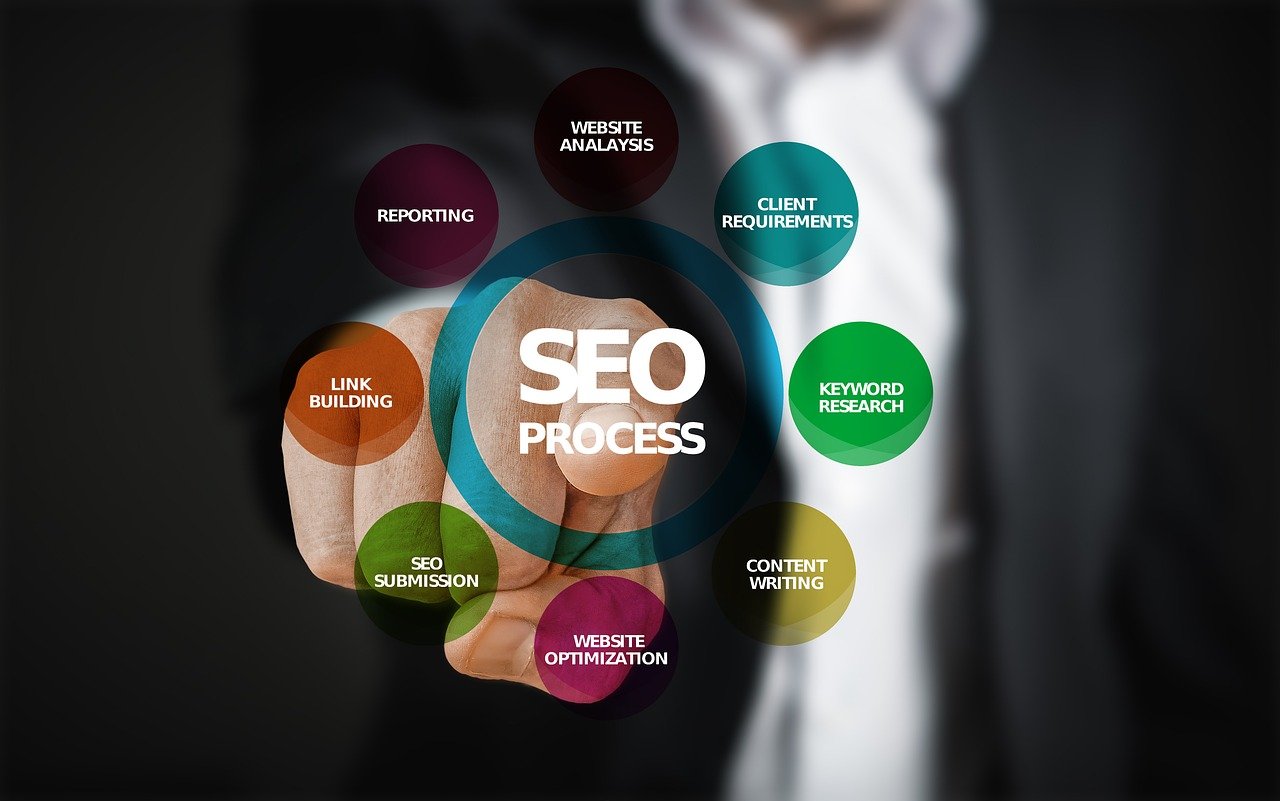In recent years, advancements in digital tech have changed the way businesses operate. Before, a company planning on extending its reach to a global audience would have to physically set up offices in each target region and market its products on the ground.
Now, technological growth has created room for expansion overseas through clever website optimization – and business owners can control their worldwide reach from one location. To do this, the company’s website needs to have an international offering and be set up and optimized for an international audience.
But what does an internationally optimized website look like? And how can bringing in different languages help to target international markets? Read on to find out.
What is international SEO?
International online expansion isn’t just for renowned names like eBay and Amazon. However, these are two major names that have seen considerable success by expanding internationally, using SEO as a tool to target new regions and audiences around the world.
International SEO is a process that can help expand a business’s existing website to have a global reach by optimizing the site in a way that allows search engines to see the countries that are being targeted and thereby serve up the appropriate content to users.
From huge corporations to SMEs, if the company sees a commercial opportunity from outside of the local area it’s based in, or there are specific territories overseas that business owners want to aim for, factoring in international SEO can be a great way to tap into these markets from around the world, as it can help make the website more visible.
Once the target country has been established, the next, and most significant step, is to work out the language that’s being used.
Why is having a multilingual site important?
There are several reasons why using the right language for the target country and having a multilingual site is important.
- It means the company can communicate better with the audience and this can be beneficial on both a business level and a personal level as customers are more likely to understand what the company is offering and whether it’s something they want to buy or invest in. This, in turn, can help lead to conversions in the target country.
- Adding pages and sections in different languages can help improve the site’s overall search engine visibility, by having more opportunity to target rankings for the various regional language keywords (rather than just English language keywords, for example).
- It can help to build trust and affiliation with your brand if you have a dedicated website set up for users in their local language.
To implement multilingual pages and enhance international SEO, it’s worth speaking to the experts. SEO agencies that specialize in international SEO are often made up of experienced professionals who understand how to adapt existing websites to give them a global reach.
Additionally, SEO agencies that offer a suite of international SEO services often have native speakers in-house. The team may comprise individuals from key commercial regions, such as Germany, Japan, Spain, and Italy, which means that they may be better equipped to advise on the language used and inform on other important topics, such as the local culture of the target region and the products that are more likely to attract customers.
How to choose languages for your international company website
If you’re a business owner and wondering what languages to focus on, it’s worth understanding the proportion of the global population that speaks the different languages. For instance, English is the language used by over half of all websites, so this is likely to be a natural choice for most websites.
However, there are currently 7,117 languages spoken across the 196 countries of the world, so just focussing on the languages of the United Nations is removing a huge number of potentially huge audience share. While English is the most common language used online, this is only the third most spoken language. According to 2019 stats, there are 1.3 billion native Chinese speakers and 460 million Spanish speakers. English comes in at 379 million, and Arabic has 315 million native speakers. French comes in 280 million native speakers and Russian 153 million native speakers.
With this in mind, businesses might do well to target these speakers (should the audience be relevant for their business) as there is a huge audience there to tap into. If you’re planning on expanding your reach, researching numbers such as these can be a great first step, as it reveals the potential size of the market that you could explore. From there, speak to the experts. International SEO is a crucial tool to help expand your company and tap into a whole new customer base.
































































